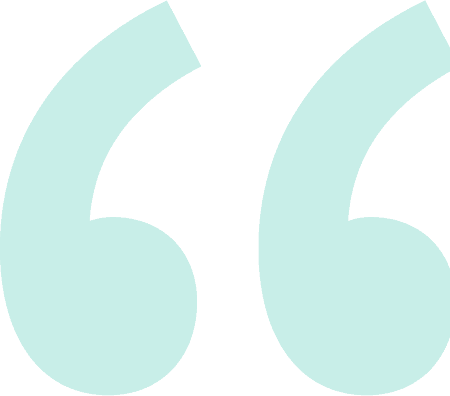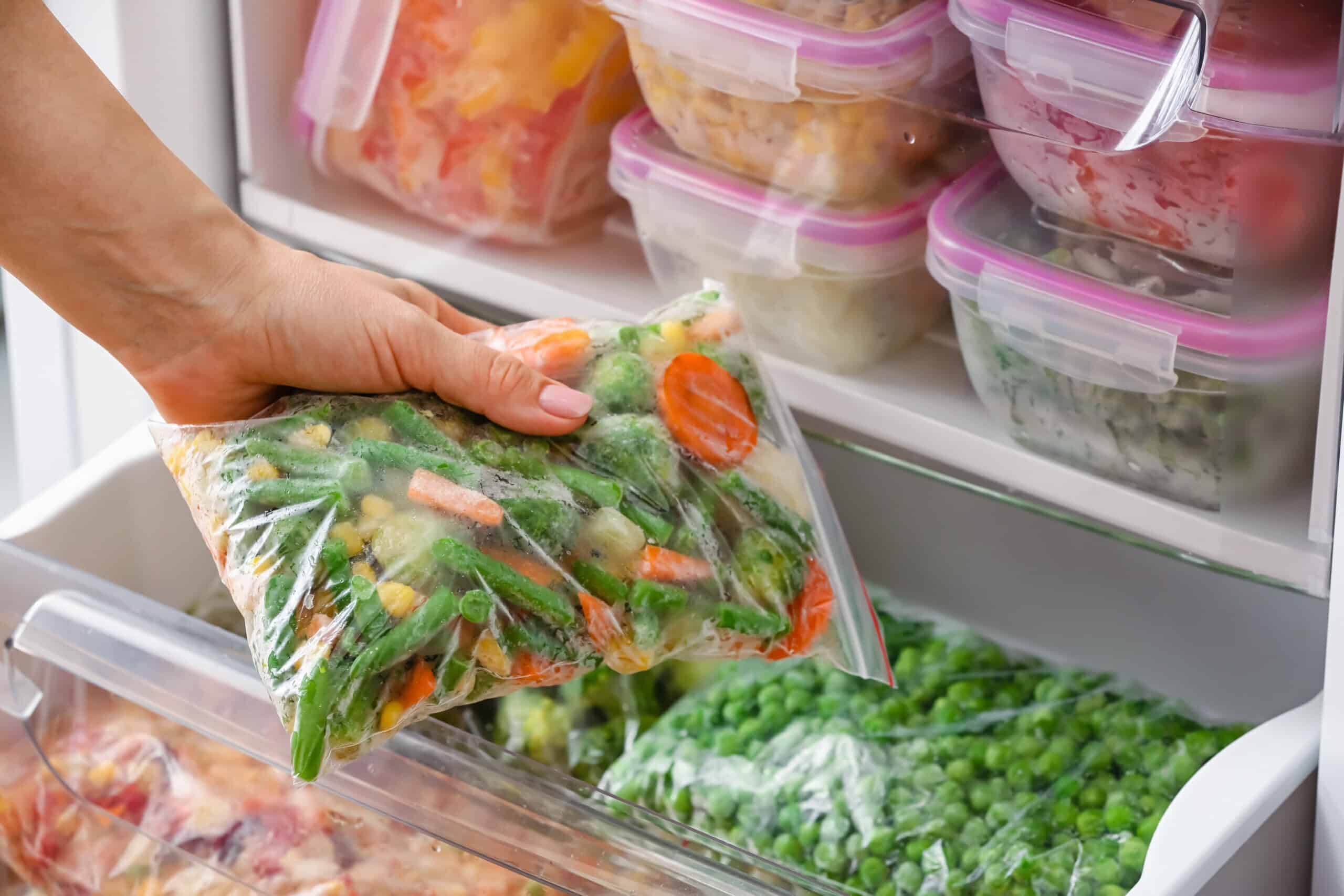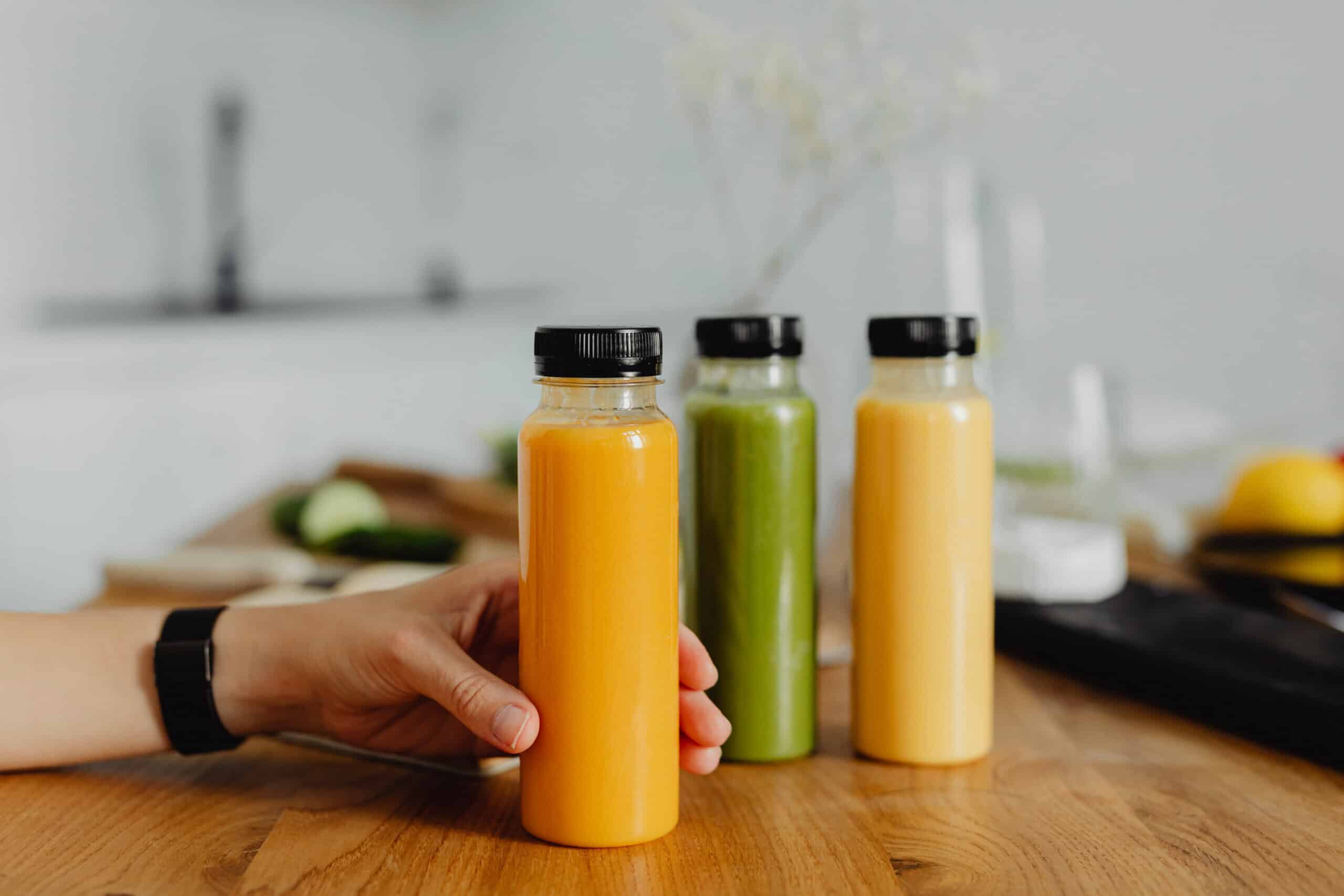Emotional Eating: Making Steps To Overcome It
Emotional eating has likely influenced us all at some point in our lives. Many of us turn to food as a source of comfort, or simply just for something to do. Knowing your genuine hunger cues, and listening to them, is an excellent tool for monitoring blood sugar spikes and avoiding any unnecessary calories.
What is emotional eating?
It’s incredibly common for us to eat as a result of our emotions – have you ever found yourself reaching for a slice of cake, or a glass of wine, to cheer you up after a bad day? You’re definitely not the only one.
Emotional eating is, put simply, when we try to use food to overcome feelings, often things like stress, boredom or sadness. Part of the reason for this may be that negative emotions are associated with emptiness and filling the void with food can make you feel full for a moment. Another reason may be that when we’re feeling stressed, our appetite-related hormones are high; a 2019 study linked increased cortisol (more commonly known as the stress hormone) to the desire for high calorie food. [1]

It’s common for people to turn to comfort food, like sweets and refined carbohydrates, in the light of increased stress. But sugary and fatty treats are the worst things you can eat if you want to keep your body, brain and immune system in shape.
Dr Clare Bailey
Emotional hunger vs genuine hunger, do you know the difference?
Distinguishing, and getting to know, your own hunger cues can help you understand whether you are genuinely hungry or whether it’s a result of emotions that will pass with time. Here are some common signs to look out for:
Emotional hunger:
- comes on very quickly;
- leaves you craving one specific type of food (often carbs, sugar or fat);
- pairs with emotional boredom or sadness;
- may feel guilty; and,
- doesn’t fill you after eating.
Whereas, physical hunger:
- is predictable – it will be around meal times or after a 4-5 hours of going without food;
- vanishes when satisfied;
- has clear signs, such as a grumbling stomach; and,
- is settled with a diverse range of food, not just one specific type.
Various studies have shown that the consumption of energy-dense foods significantly increases when individuals are put in stressful situations. A 2006 study took 272 female students and found that while 80% of them generally made healthy food choices, this was drastically dropped to 33% when they were experiencing stress. [2]
So, it’s not surprising that we reach for calorie-dense foods when we’re experiencing high emotions and if you do, you’re certainly not alone.
Finding new “comfort food”
What we eat and drink strongly affects how we feel stress and how we respond to it. Rather than reaching for the common comfort foods, try to redefine the term with a few of the following options.
Vitamin C may relieve the body from stress quickly. Research has shown the success of using vitamin C as treatment to help those suffering from stress. [3] Foods high in vitamin C include peppers (capsicum), strawberries, citrus fruit (oranges and lemons), kale, broccoli and brussel sprouts.
Magnesium can calm muscles and the nervous system after the stress response has been triggered. Foods rich in magnesium include nuts, avocado, whole grains, pumpkin seeds and spinach.
B vitamins help with the development and maintenance of the nervous system, while alcohol depletes it. B vitamins are mostly present in animal products such as oily fish, dairy, eggs and meat. Vegetarians find it more difficult to get B vitamins from food alone and should consider taking a supplement to avoid deficiency.
Join our email community
Learn more about The Fast 800 approach to healthy living by receiving our free content, health tips and recipes as well as exclusive offers, delivered straight to your inbox.
Other things you can to do to overcome emotional eating
→ Drink plenty of water. Quite often when you feel hungry, a bottle of water can ease the cravings until your next meal.
→ Ensure you are eating good quality fats and protein in every meal to avoid hunger levels spiking throughout the day. If you are doing so, you will be able to distinguish whether you’re experiencing emotional or genuine hunger.
→ Change your emotional responses. If you’re feeling down, reach out to a friend for a chat. The Online Programme has a fantastic social media-style platform, Community, where current members support one another through their common journey’s of finding better health. When you’re feeling tired, go for a walk or a run; exercise will not only distract you from your cravings but it will help clear your mind and refocus. If you feel bored, choose something to focus on such as a book, podcast or brain training puzzles.
→ Be kind to yourself. If you have verged away from the Mediterranean-style diet as a result of emotion, you shouldn’t worry or feel guilty. By punishing yourself, you’ll only add to the stress and most likely reach for the snack cupboard. Accept it, understand it and move forward from it.
Mindfulness for better health
Mindfulness is a brilliant tool for overcoming the feelings of stress, anxiety and sadness. Cortisol, the hormone associated with stress, has been associated, through research studies, with weight gain. Introducing mindfulness into your daily routine may help; a 2018 study found that daily meditation has the potential to decrease levels of cortisol, improving blood sugar levels as a result. [4]
In a 2017 study, it was recognised that although diet and exercise are great for weight loss in the short term, weight loss programmes that also incorporate mindfulness generally have better long term results for both weight loss and maintenance. This is why mindfulness is a core pillar of The Fast 800 Online Programme. [5]
To summarise
Yes, we might experience emotional eating, and turn to comfort food, when we’re feeling slightly down and this is okay. You may not be able to change this but you can change what foods you seek comfort in. Whether it be soup, a bowl of porridge or your favourite cup of tea – a hot bowl of goodness will warm you up both inside and out.
If you’re looking for additional support and structured meal plans, it’s worth considering signing up to The Fast 800 Online Programme. The 12 week course offers you a chance to reset your habits and start fresh. You’ll also have access to a library of guided meditations, progressive exercise courses and a wealth of articles based on the latest research. If you’re not quite ready to commit, we offer a 7 day free trial, which we’d love you to try today.
Chao AM, Jastreboff AM, White MA, Grilo CM, Sinha R. Stress, cortisol, and other appetite-related hormones: Prospective prediction of 6-month changes in food cravings and weight. Obesity (Silver Spring). 2017 Apr;25(4):713-720. doi: 10.1002/oby.21790. PMID: 28349668; PMCID: PMC5373497. https://pubmed.ncbi.nlm.nih.gov/28349668/
Kandiah, J., Yake, M., Jones, J. and Meyer, M. (2006) Stress Influences Appetite and Comfort Food Preferences in College Women. Nutrition Research, 26, 118-123.
Sinha SS, Jain AK, Tyagi S, Gupta SK, Mahajan AS. Effect of 6 Months of Meditation on Blood Sugar, Glycosylated Hemoglobin, and Insulin Levels in Patients of Coronary Artery Disease. Int J Yoga. 2018;11(2):122-128. doi:10.4103/ijoy.IJOY_30_17
Carrière K, Khoury B, Günak MM, Knäuper B. Mindfulness-based interventions for weight loss: a systematic review and meta-analysis. Obes Rev. 2018 Feb;19(2):164-177. doi: 10.1111/obr.12623. Epub 2017 Oct 27. PMID: 29076610.









